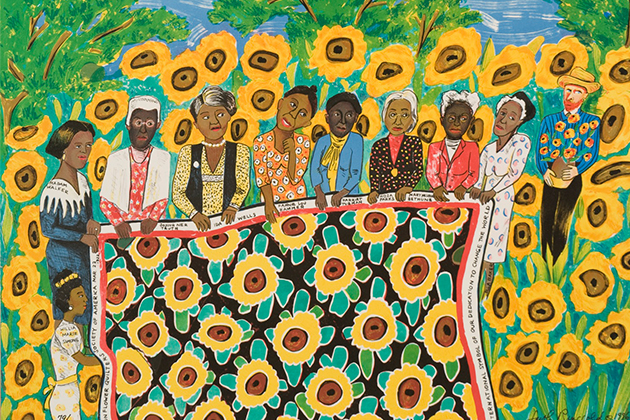Applying What You Learn
We also believe in making you aware of the knowledge and skills you're developing along the way, so that you can capitalize on your strengths in the marketplace, graduate school and in life.
Knowledge & Skills Gained as a Black Studies Major
Knowledge:
-
Understand the history of Black Studies, the social-political and academic arena in which it developed, its major contributors, and how Black Studies distinctive treatment of subject matter has been affected by its historical evolution.
-
Knowledge of and respect for the culture, values, and belief systems of the global community; understand the commonalities and contrived differences between and among groups
Skills:
-
Critical analysis: Ability to use the African-centered perspective to interpret and analyze and critique ideas, texts, social, historical and cultural phenomena.
-
Effective Communication: Ability to effectively discuss, analyze, and present ideas both oral and written.
-
Problem solving: contribute to the betterment of society by identifying critical social issues and problems and employing appropriate empirical methods to pursue causes, effects, and solutions
